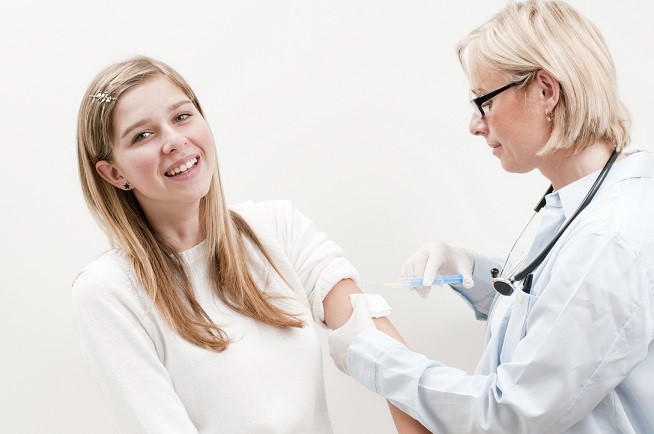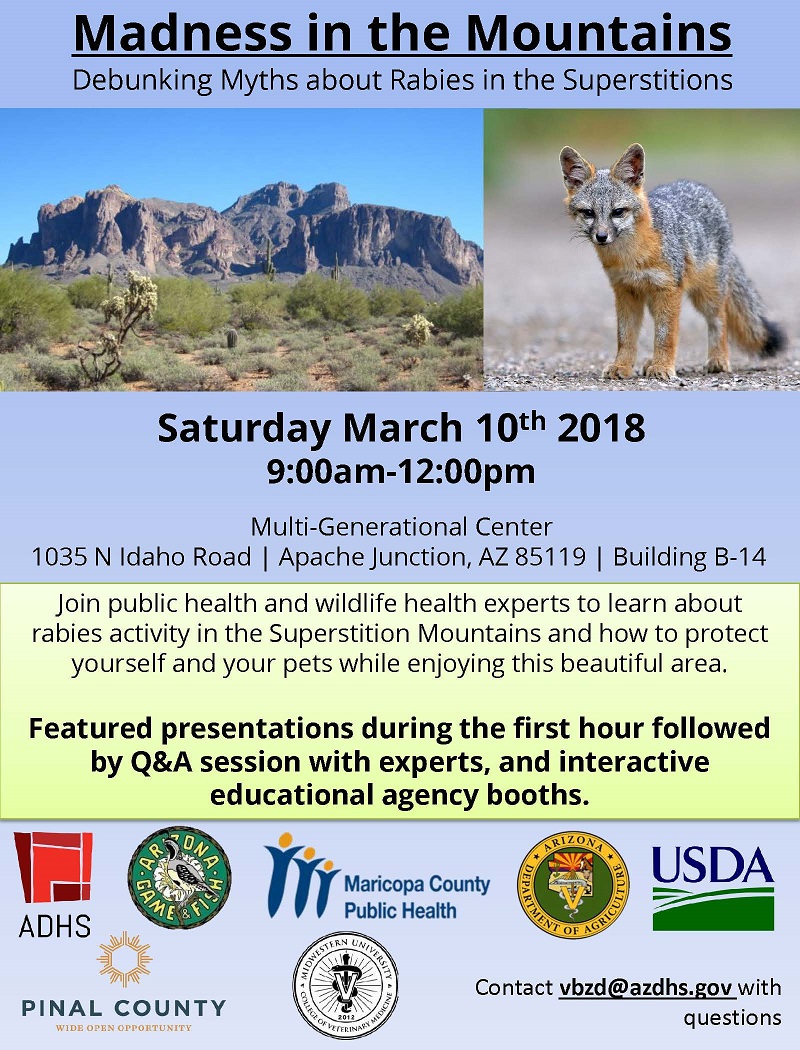 Preventing cancers caused by human papillomavirus (HPV) infection has just become easier. The Centers for Disease Control and Prevention (CDC) has published new recommendations for HPV vaccines so some teenagers can be fully vaccinated with two doses of HPV vaccine instead of three.
Preventing cancers caused by human papillomavirus (HPV) infection has just become easier. The Centers for Disease Control and Prevention (CDC) has published new recommendations for HPV vaccines so some teenagers can be fully vaccinated with two doses of HPV vaccine instead of three.
The CDC now recommends a two dose HPV vaccine schedule for children ages 9 to 14 years old who do not have a weakened immune system. A three dose HPV vaccine schedule is still recommended for people 15 to 26 years old and those 9 to 26 years old with weakened immune systems.
In the United States, HPV infection causes cancer in about 30,700 people every year. Cervical cancer is the most common HPV-associated cancer among women, while cancers of the throat, tongue, and tonsils are the most common cancers among men.
HPV vaccines do a very good job in preventing cancer-causing HPV infections. The CDC recommends that HPV vaccines be routinely started at 11 to 12 years of age. Children at this age have a stronger response to HPV vaccination that older teenagers and young adults. In addition, with the new recommendations, most children who receive their first dose of HPV vaccine before 15 years of age will only need two doses of HPV vaccine in order to be fully vaccinated.
HPV vaccine coverage in Arizona youth is improving, but we still have work to do. The 2015 National Immunization Survey for Teens showed that in Arizona teenagers 13 to 17 years old, 44 percent of females and 27 percent of males received at least three doses of HPV vaccine. However, 68 percent of females and 51 percent of males had received at least one dose of HPV vaccine. HPV vaccination prevents cancer. We need to make sure that all children, teenagers, and young adults are fully vaccinated against HPV infections.











